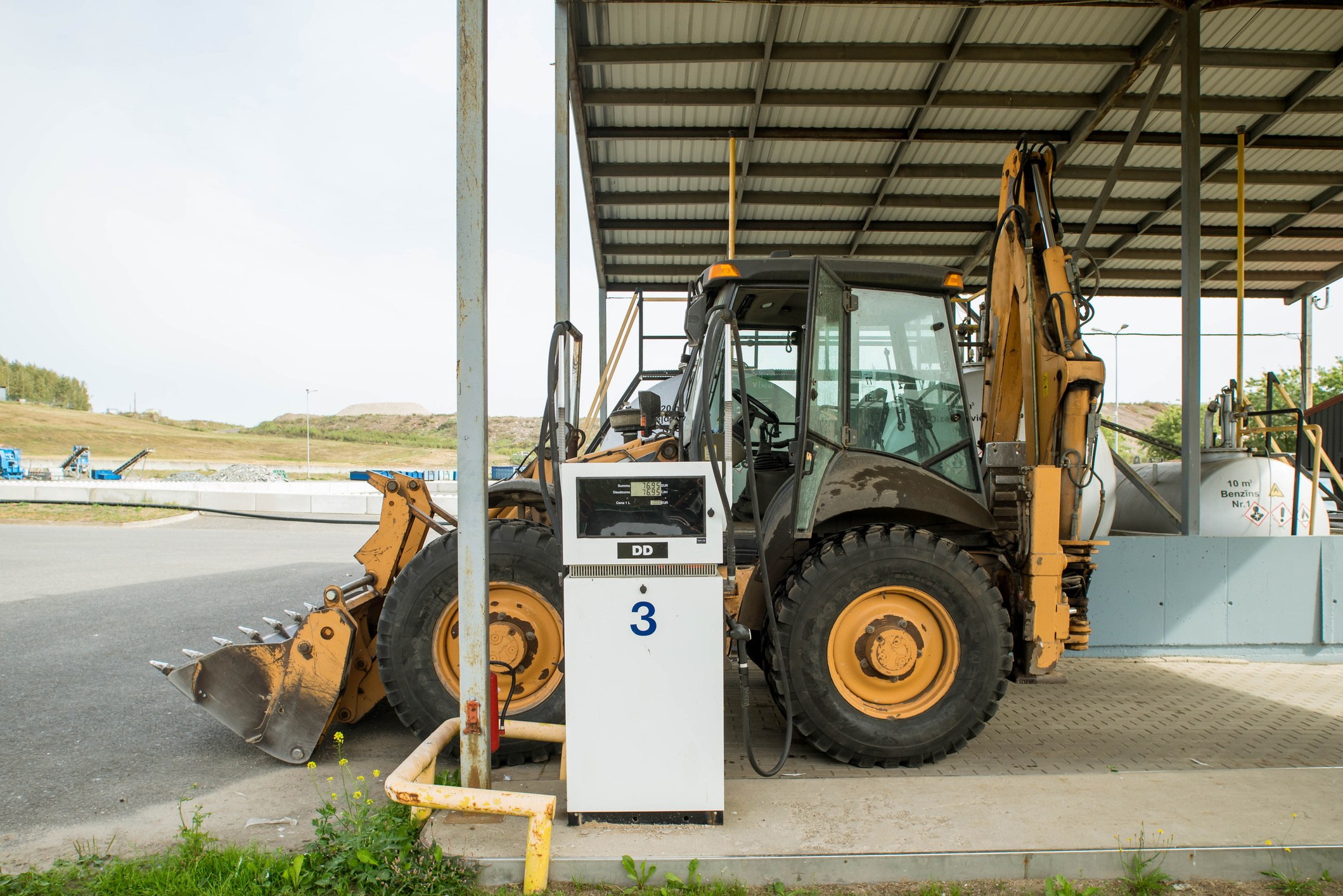When the Puget Sound Partnership (PSP) was created a decade ago, we highlighted it as an environmental success, noting it provided a science-based “roadmap to a healthier Puget Sound.” Soon afterward, however, poor leadership at the PSP severely undermined that foundation. As we wrote in 2010, “The politics pouring into the Puget Sound Partnership are as damaging as pollution, wasting money on ineffective projects while neglecting the Sound's most serious pollution.”
That history put a cloud over the agency and caused many to question its value. At its worst, it was a political agency, designed to deliver symbolic and politically useful environmental stories, even as scientific priorities were being ignored.
At its best, however, the Puget Sound Partnership provides environmental performance audits, helping ensure funding is spent where it can do the most good for salmon, steelhead and the orcas that rely on them for food. In recent years, the PSP has returned to this approach. As a member of the Salmon Recovery Council, I have watched the prioritization process guide funding where it is needed, helping avoid the waste that plagued the agency in its early years.
By focusing on science-based priorities, the PSP plays an important role not only in helping clean up the Sound, but preventing wasteful, politically motivated expenditures. Strengthening that role, as a strong environmental auditor, is why we think Senate budget writers should add an additional $1 million for the PSP to guide the future priorities for Puget Sound.
Funding would support three new FTEs to update salmon science, recovery plans and update the prioritization of projects based on that science. The funding is included in the House Democrats’ budget but not in the Senate Majority Coalition budget. The funding would help the PSP prioritize and audit Puget Sound projects, making sure funding is spent where it is most effective.
Admittedly, it is easy for the Democrats to include this funding in their budget. Their budget relies on billions in taxes they have not passed yet. The Senate has a balanced and funded budget, so finding additional funds is more difficult.
Ultimately, however, funding these additional positions will not only help keep PSP true to its science-based mission, it will help prevent the state, counties and watersheds from wasting money on projects that yield little or no benefit. The funding is critical to that mission.
Despite its past, the PSP has earned this opportunity. A recent audit by the Legislature’s auditor found that while the agency is doing better “prioritizing near-term actions in its biennial recovery plan,” the PSP needs to do more to “measure progress and use monitoring data to update the Action Agenda.”
In the same way we have supported funding for the State Auditor’s Office so it can perform performance audits, the Puget Sound Partnership audits projects designed to clean up Puget Sound, ensuring they are yielding results. It can only do this, however, if it has the funding to monitor and rank the spending proposed by groups across the state.
To ensure this fund does, in fact, go to meeting these goals, budget writers could include proviso language designating the funding to functions outlined in the PSP’s P-1, P-2, and P-3 decision packages.
Setting priorities is something we don’t do enough when directing environmental spending. When Governor Inslee offered legislation in 2013 to rank climate expenditures based on effectiveness, we supported that effort. Not surprisingly, however, the Governor’s subsequent budgets did not follow the priorities in his own study. The gap between what the Governor proposed and what he actually included in his budget allowed us to highlight the waste.
That’s why science-based priorities are so critical. Combined with economics, they make clear which projects are worthwhile and effective, and which are political.
During the next several years, Washington state and local taxpayers will spend hundreds of millions of dollars to clean up Puget Sound. If that money is spent on feel-good projects chosen by politicians, we will waste more money and time. The fact that we spent huge sums of money on those wasteful projects is one reason we will not meet our Puget Sound cleanup targets in 2020.
If, however, the money we spend focuses on science-based priorities, we can start to make progress on goals we all share – helping salmon recover for tribes, sport and commercial fishers and simply as a worthy environmental goal.
The Puget Sound Partnership dug itself a big hole in its early years. It must continue to dig itself out. It has made good progress and providing the funding it has requested for promoting good science and auditing projects would be money well spent. It is rare that I suggest increasing agency spending, but this additional funding can set an important standard that future projects should be based on science, not politics.




